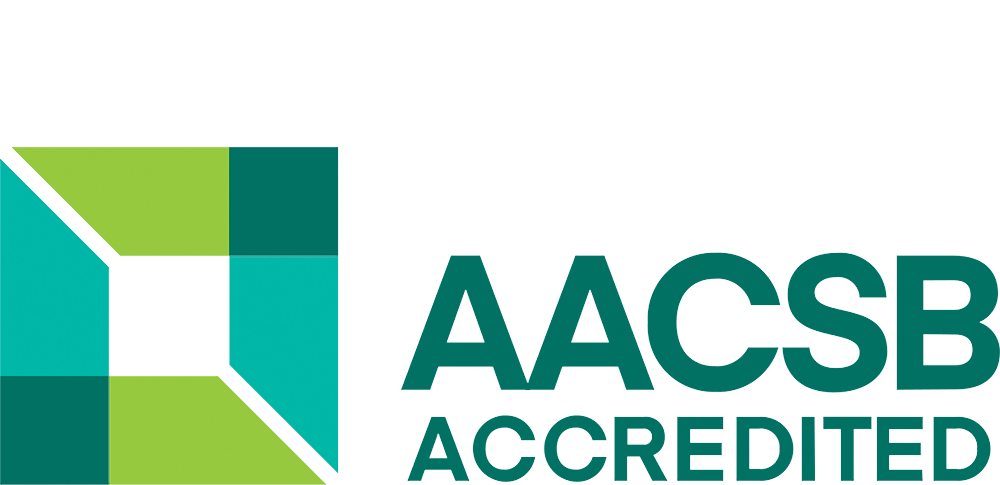
12 Apr 2021
What is digital learning?
The digital transformation has completely opened up the field of learning possibilities.
Read the article


16 Jan 2023

Etudiants & apprenants
Formation continue
With the changes in work organisations and the needs of the labour market, concepts such as reskilling and upskilling are becoming more and more common. But what do these HR practices mean? Behind these terms lie issues of reinforcement and acquisition of useful skills for employers, employees and people undergoing professional training. To better understand these two notions, the IPAG business school explains these concepts in detail and how they can be useful to you.
In a context of restructuring in the world of work, many companies are implementing a "reskilling" strategy, which allows for an evolution of skills.
The concept of reskilling was introduced in France by Pôle emploi in 2009, in particular with the individual operational preparation for employment (POEI) scheme.
Reskilling allows for the acquisition of new skills in several cases:
Upskilling aims to improve existing professional skills in the same profession or field of activity. The objective is to cope with the evolution of a sector of activity by progressing in one's profession or practice. Thanks to a professional training strategy, the employee can develop skills to take on new responsibilities in a position for which he or she is already competent.
This approach responds to a recruitment challenge, with a labour market in which finding new recruits can be difficult. Indeed, to deal with the skills gap, the company can plan to recruit new talent and then train them internally according to its needs.
This process provides a personalised training plan for the candidate, before they officially join the company, to ensure that they have the right skills for the job and are perfectly suited to management's expectations. The company then supports the new talent in acquiring the necessary know-how for the new tasks assigned to them.
Deploying a reskilling strategy is also an opportunity for the employer to adopt a learning company posture. This enables the company to be at the forefront of developments that may impact its sector and its performance.
An upskilling approach consists of companies responding to the continuous need for training of employees to enable them to evolve in their jobs. Through training, tools and knowledge exchange practices, employees increase their level of performance while continuing their professional activity. Faced with the evolution of the labour market, upskilling is beneficial to the employee who maintains his or her level of employability and opens up new opportunities in his or her field of activity.
Up-skilling employees is also an effective way to retain employees by keeping them motivated. By listening to its employees' wishes for development, the company limits turnover.
For certain sectors of activity such as digital, the implementation of an upskilling strategy is an opportunity to train in the new practices of this rapidly evolving field, and to strengthen the "tech" expertise of its employees.
Our business school IPAG offers a 100% distance learning course for reskilling and upskilling. These online courses allow students to follow a training course in total autonomy at home, at their workplace or on the move. With distance learning, the future graduate benefits from a varied learning path including virtual classes, videos, mentoring, group projects and coaching sessions.
Our digital learning training offer is accessible to both French and international students with a Bachelor's degree (bac +3) and to working people wishing to reorient themselves. Discover our distance learning masters:
The distance learning courses are an ideal solution for any active person or student wishing to train and validate a degree at a distance. IPAG Online's offer allows the acquisition and development of technical skills and soft skills that are essential to ensure job retention or high employability.

12 Apr 2021
The digital transformation has completely opened up the field of learning possibilities.
Read the article

07 May 2020
Did you know that? The apprenticeship tax is a tax that dates back to a 1925 finance law! Since then, it has never ceased to be modified.
Read the article

04 Nov 2020
You've just started your studies in higher education and yet, from the first or second semester, you feel you've made the wrong choice, that you don't belong, that you're doomed to do further studies? Don't panic! Every year, thousands of young bachelors are redirected, especially after a disappointing first year at university. Here are a few tips that will be useful if you wish to change your course of study...
Read the article
Application
Contact